Senegal, a vibrant West African nation known for its warm hospitality, rich culture, and stunning Atlantic coastline, has long been a favored destination for French citizens. With historical ties stemming from its colonial past, Senegal and France maintain strong diplomatic, linguistic, and cultural bonds. Today, many French citizens find themselves drawn to Senegal not only for tourism but also for retirement, business, work opportunities, and lifestyle relocation.
In this comprehensive guide, we will explore how French citizens can relocate to Senegal, detailing every step of the process, visa options, legal considerations, integration tips, and what to expect upon arrival.
Why Relocate to Senegal?
1. Cultural and Linguistic Familiarity: French is the official language of Senegal, making it easy for French nationals to communicate, work, and integrate into society. The shared language eases business operations and daily interactions.
2. Warm Climate and Coastal Living: With its tropical climate and beautiful beaches along the Atlantic Ocean, Senegal offers an appealing lifestyle for those seeking sun and serenity year-round.
3. Business and Investment Opportunities: Dakar, the capital, is a regional business hub in West Africa. Opportunities abound in technology, agriculture, tourism, education, construction, and renewable energy sectors.
4. Welcoming Society and Stable Democracy: Senegal is known for its “Teranga” (hospitality), and its political stability makes it one of the safer destinations in the region.
5. Affordable Living: Compared to France, the cost of living in Senegal can be significantly lower, especially in housing, domestic help, and local produce.
Types of Visas and Residency Options
French citizens do not need a visa for stays up to 90 days. For longer stays, a residence permit is required.
A. Short-Stay (Tourist) Visa
- Duration: 90 days (visa-free for French citizens)
- Purpose: Tourism, short-term visits, initial business scouting
B. Long-Stay Visas (Visa de Long Séjour)
To stay beyond 90 days, French citizens must apply for a long-stay visa or directly obtain a residence permit upon arrival.
C. Residence Permit (Carte de Séjour)
Issued by the Direction de la Police des Étrangers et des Titres de Voyage (DPETV).
Categories include:
- Work Permit (Permis de Travail): For employment in a Senegalese company.
- Investor/Entrepreneur Visa: For business owners or self-employed individuals.
- Retirement Visa: For retirees with proof of sufficient income or pension.
- Student Visa: For French citizens attending school or university in Senegal.
- Family Reunification: For those joining Senegalese family members or long-term French residents.
Application Process for Residency
Step-by-Step Guide:
Step 1: Enter Senegal (Visa-Free Entry)
- French citizens can enter with just a valid passport.
- Ensure your passport is valid for at least 6 months beyond your entry date.
Step 2: Find Housing and Secure Local Address
- Required for your residency application.
- Lease agreement or property ownership documents will be needed.
Step 3: Apply for a Carte de Séjour (Residence Permit)
- Visit the DPETV Office in Dakar.
Documents Required:
- Valid passport
- Passport-sized photos
- Birth certificate (translated and legalized)
- Criminal record certificate (from France, translated)
- Proof of address in Senegal
- Employment contract or business registration (for work/investor permits)
- Bank statements or pension documents (for retirees)
- Medical certificate (from a local Senegalese hospital)
- Application form (available at the immigration office)
Fees:
- Around 100,000–150,000 CFA francs (approx. €150–€230)
Processing Time:
- Usually, 4 to 8 weeks. Temporary receipt issued during this period.
Banking and Finances
- Open a local bank account at Ecobank, UBA, or Société Générale Senegal.
- You’ll need your residence permit, passport, and proof of address.
- Mobile money services (like Orange Money) are widely used.
Healthcare System
- Private clinics and hospitals like Clinique Madeleine or Principal Hospital offer quality care.
- Consider international health insurance like Cigna, Allianz, or AXA.
Integration Tips
- Learn Wolof: While French is widely spoken, learning basic Wolof helps build deeper connections.
- Join Expat Communities: Groups on Facebook like “Expats in Dakar” offer advice and events.
- Attend Local Events: Embrace Senegalese music, food, and festivals.
Safety and Security
- Senegal is considered one of the safest countries in West Africa.
- Petty theft can happen in crowded places—be cautious with personal belongings.
- Avoid politically charged protests or large gatherings.
Education (For Families)
- International schools include Jean Mermoz Lycée Francais and International School of Dakar.
- Bilingual schools are also common.
Business Environment
Popular Sectors for French Expats:
- Agriculture and Agro-processing
- Construction and Real Estate
- Tourism and Hospitality
- Renewable Energy
- Import/Export and Logistics
Business Registration Process:
- Choose a business structure (e.g., SARL or SA)
- Register at the APIX (Agence de Promotion des Investissements et des Grands Travaux)
- Obtain a tax identification number (NINEA)
- Open a corporate bank account
Relocating to Senegal as a French citizen is a process made smoother by the countries’ shared history, language, and cooperation. Whether you’re moving for retirement, business, or a cultural lifestyle change, Senegal offers a warm and enriching environment to call home. With proper planning, documentation, and a willingness to integrate, you’ll find that the spirit of Teranga isn’t just a word—it’s a way of life.


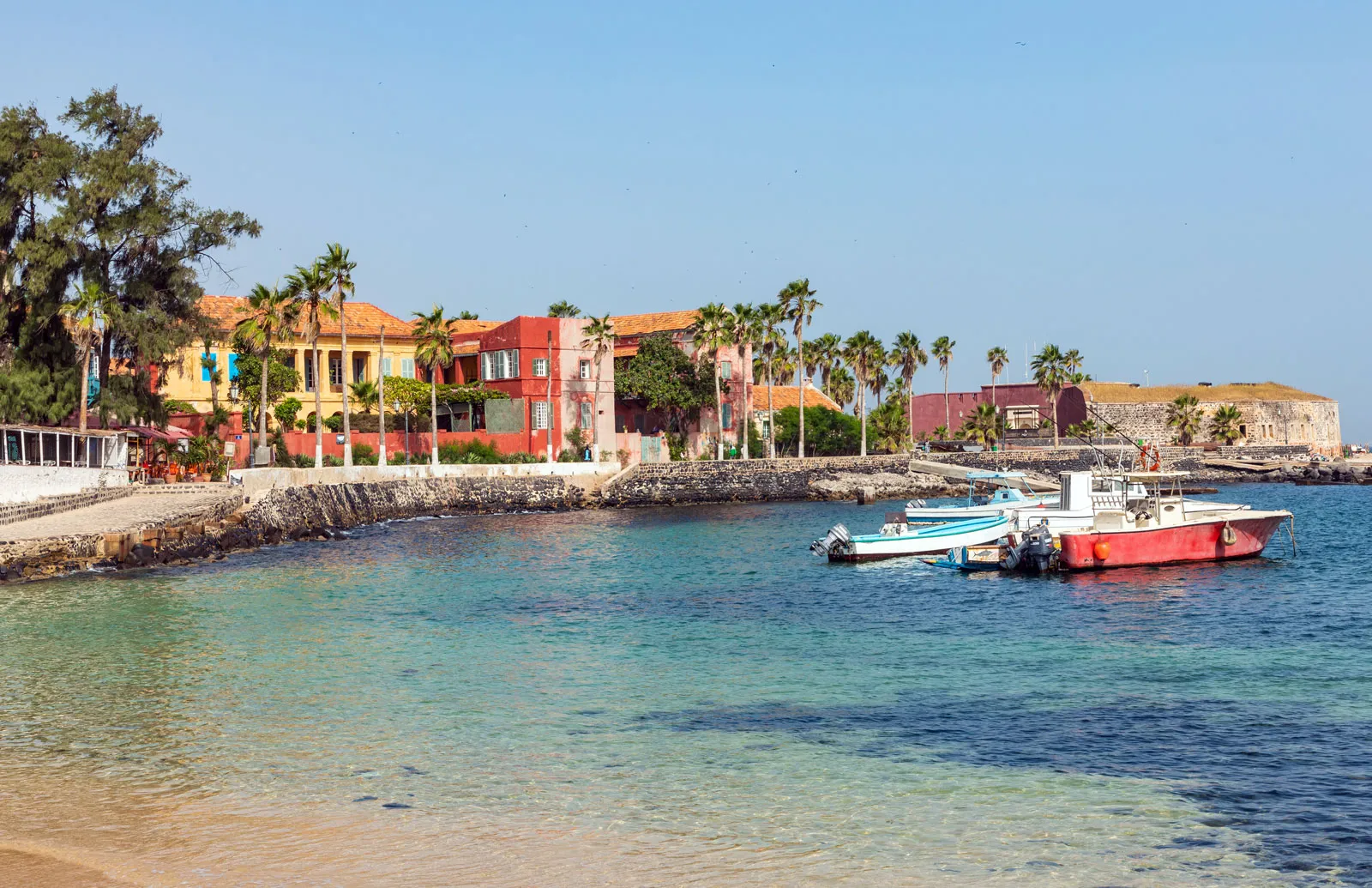
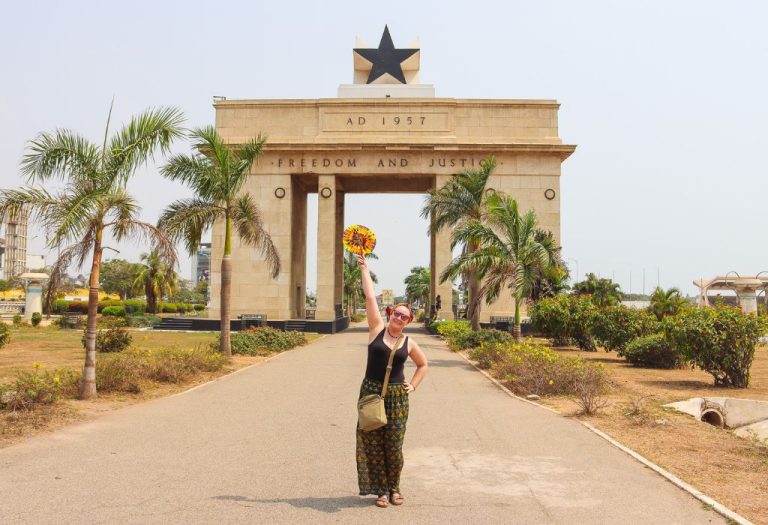
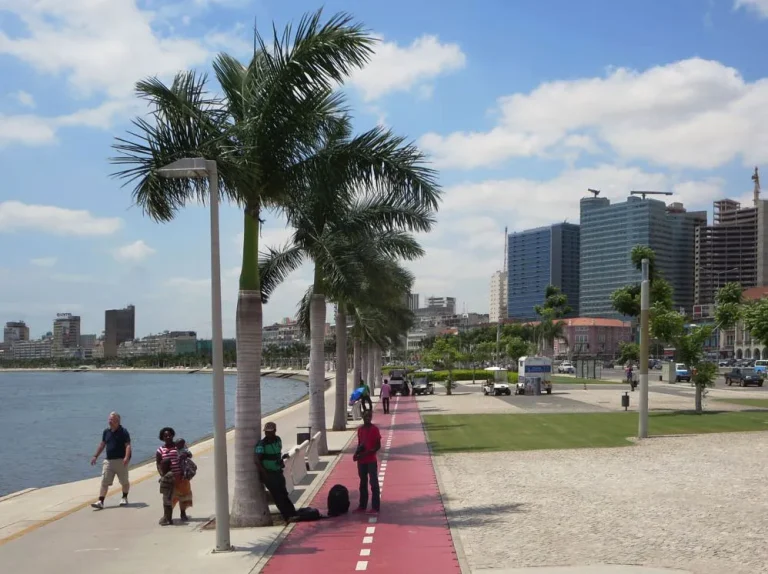

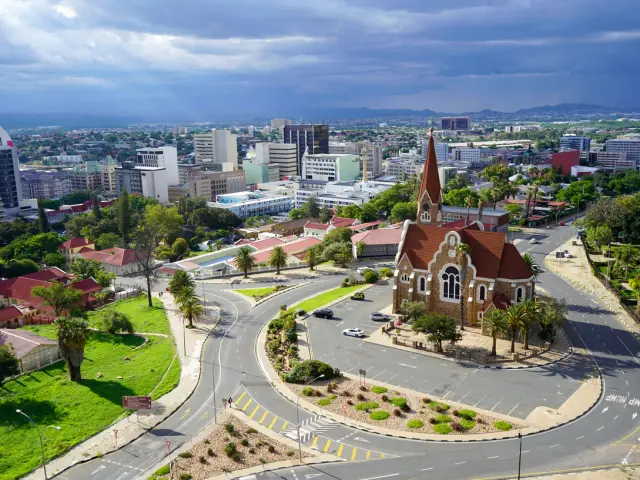

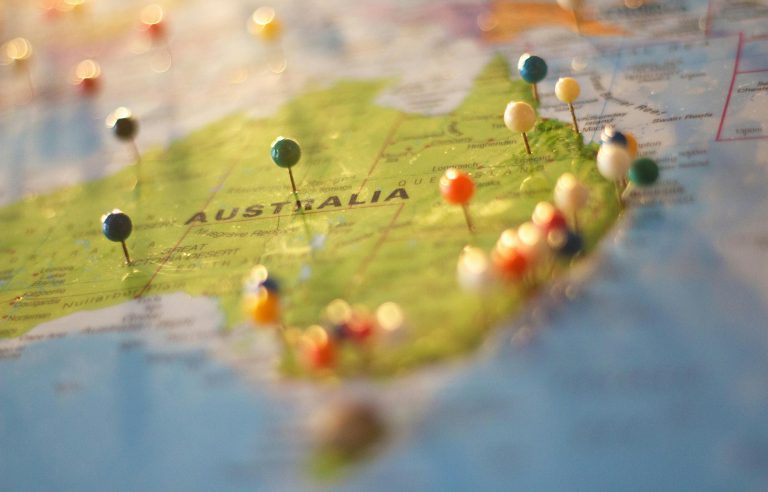
Leave a Comment